Here's how it will work. Every day in the month of March 2015, we will be posting awareness photos featuring Ruby the Endo Roo and facts about Endometriosis via Facebook and Twitter. You, our followers, can join in our parade by sharing your own awareness photos featuring YOUR Ruby the Endo Roo and using the hashtag #RubysOnParade. We encourage you to utilize whatever social media venue you'd like. We hope to flood social media with our favorite kangaroo!
Here's the fun part! Each week, we will pick the follower with the most creative contribution to the parade, and award the creator with a prize, including products from our Etsy Shop (Etsy.com/shop/AskMeAboutMyEndo). At the end of the month, a final winner will be awarded with a TOP SECRET GRAND PRIZE!
We will share more details about how to enter closer to the event, but until then, start brainstorming and even have a small photo shoot so you have your images ready in time for March.
We at AMAME are stoked about this fun, positive awareness campaign and the chance to thank our followers for participating! We hope that you will join in the fun and help us raise awareness for this debilitating disease during Endometriosis Awareness Month!


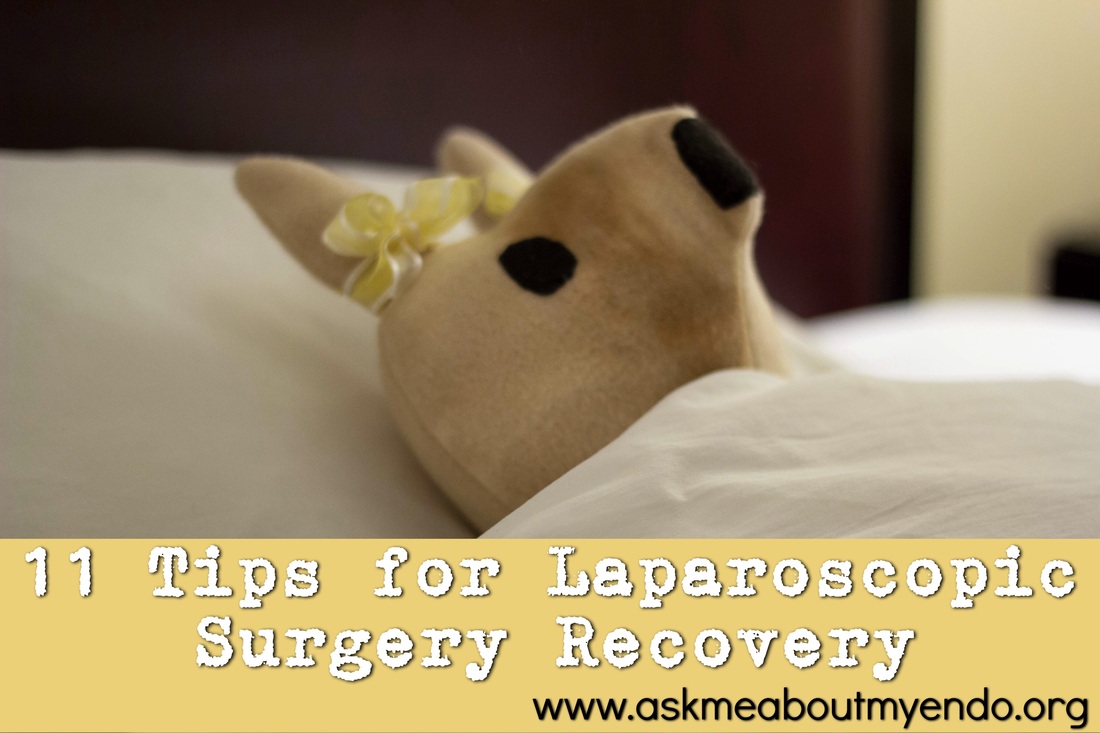
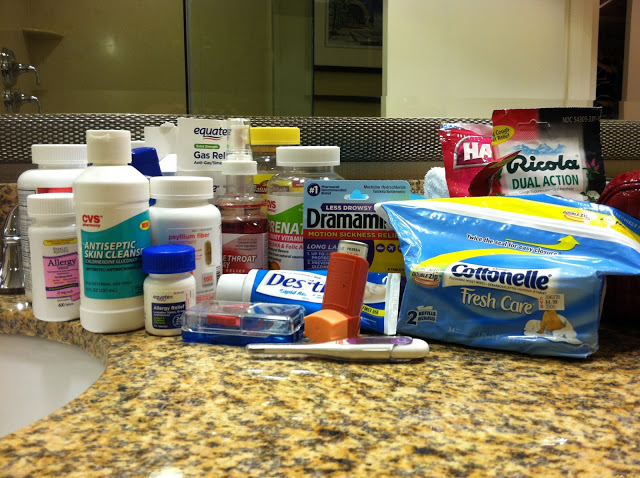
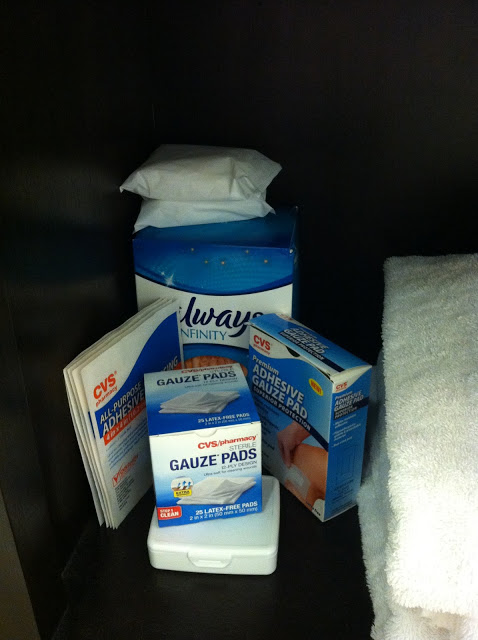
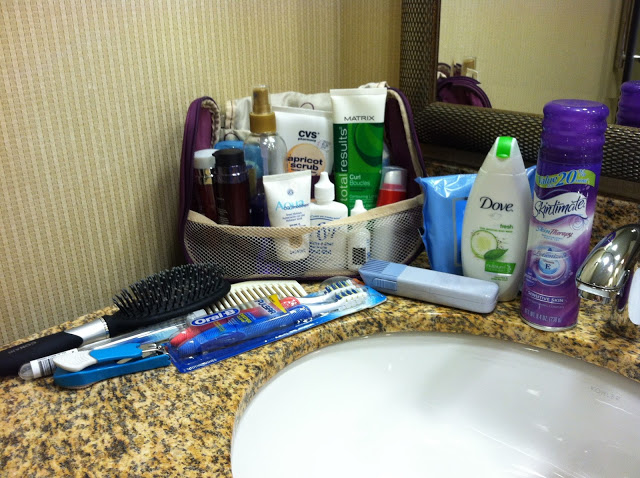

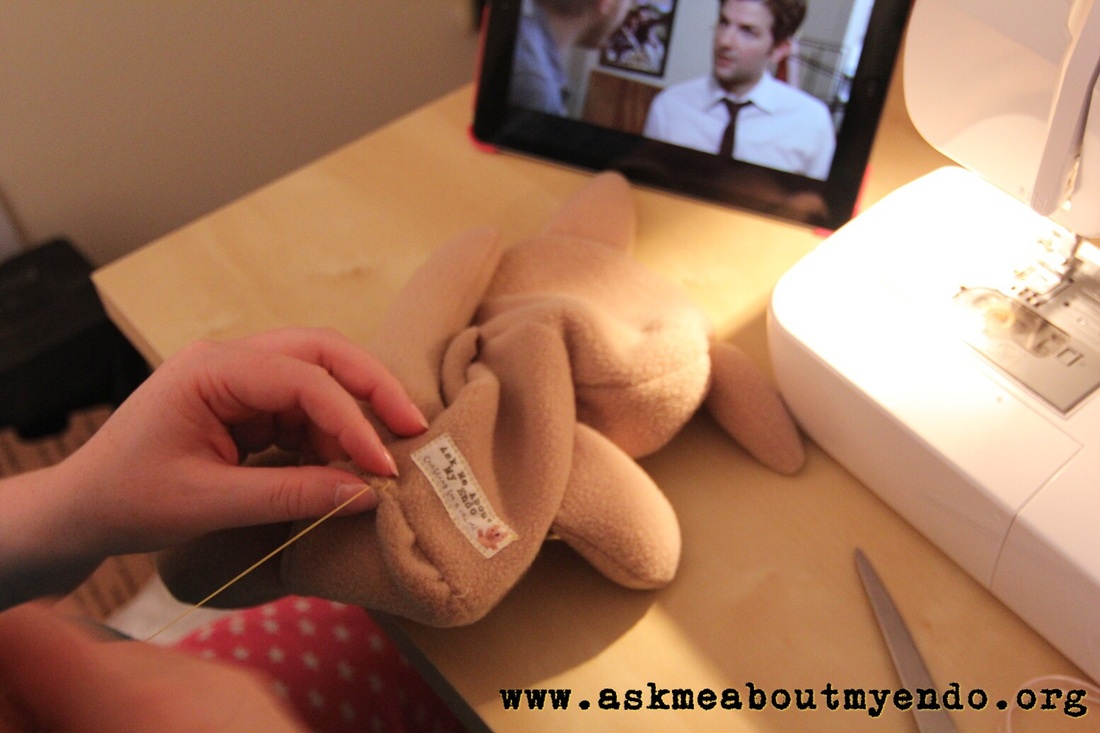
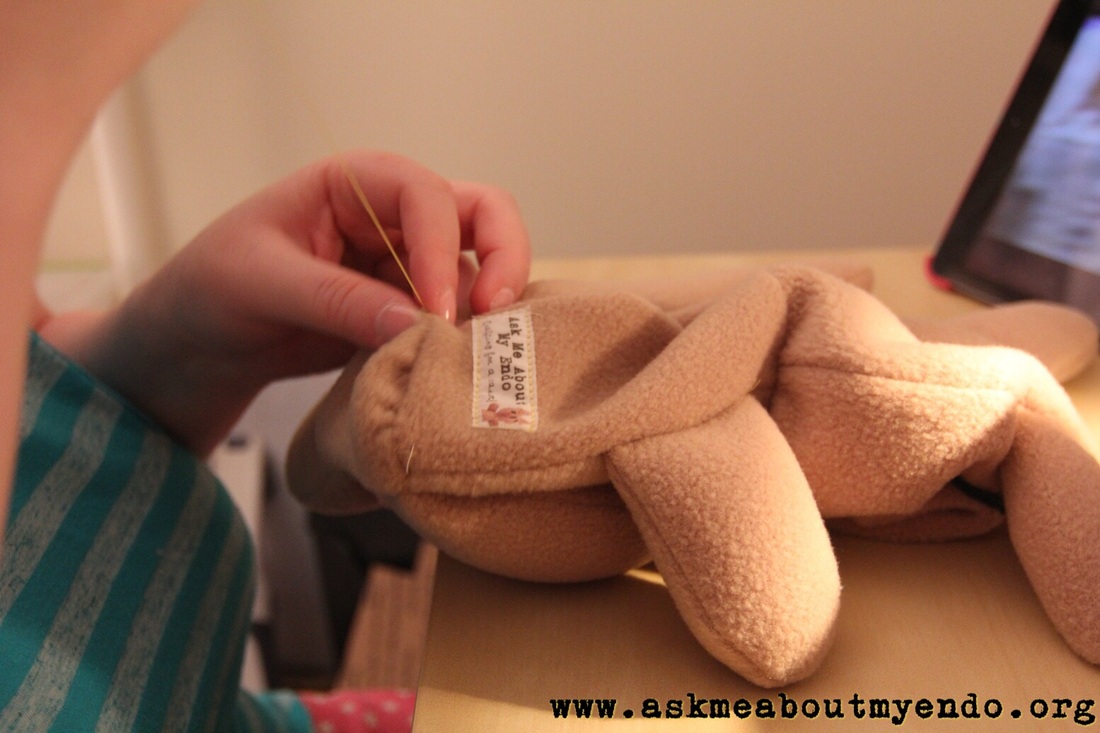
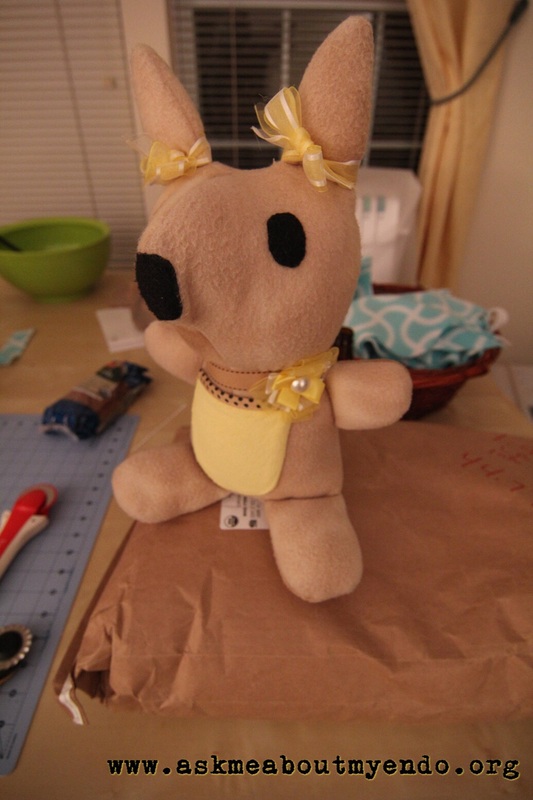
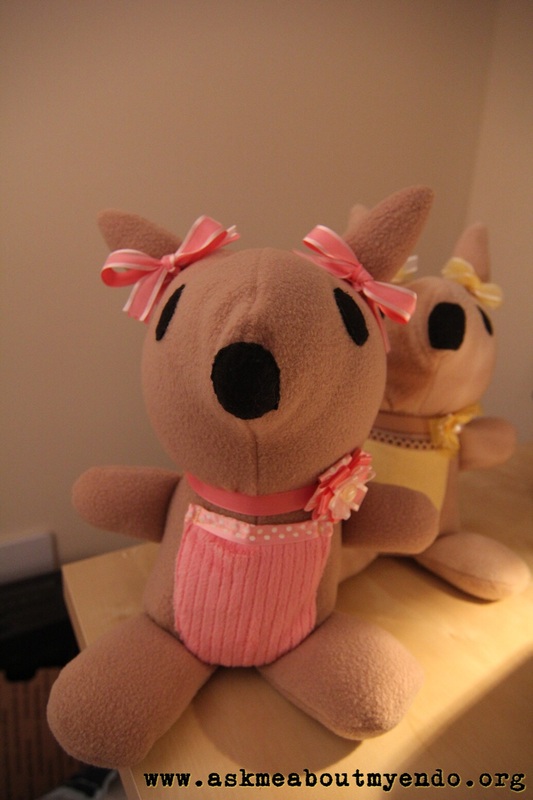
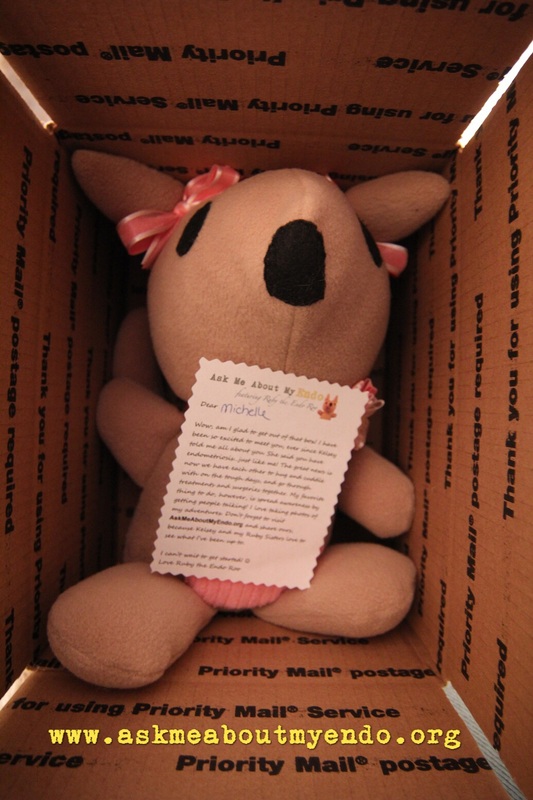
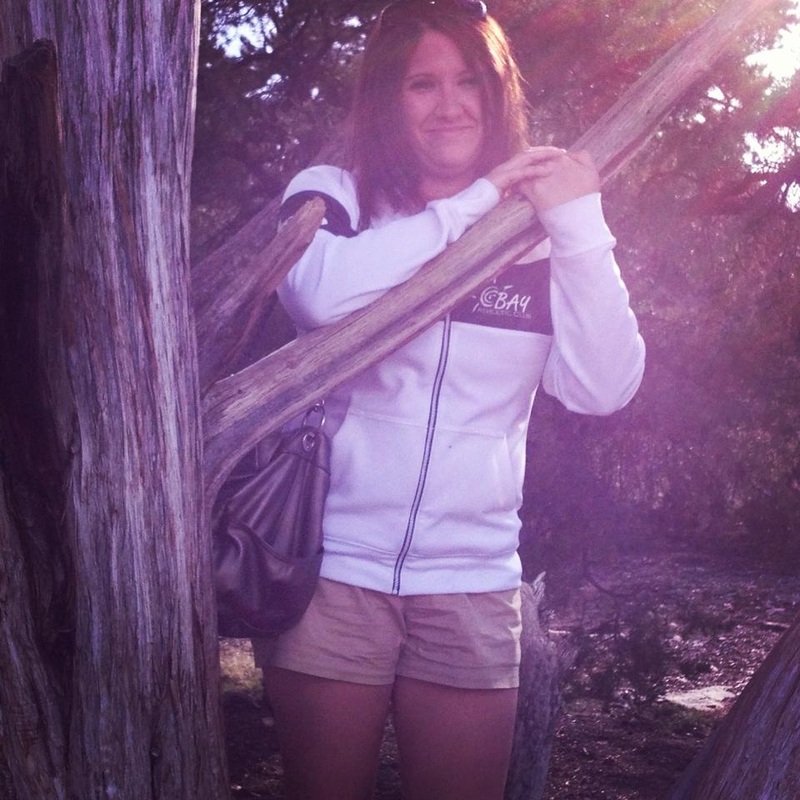
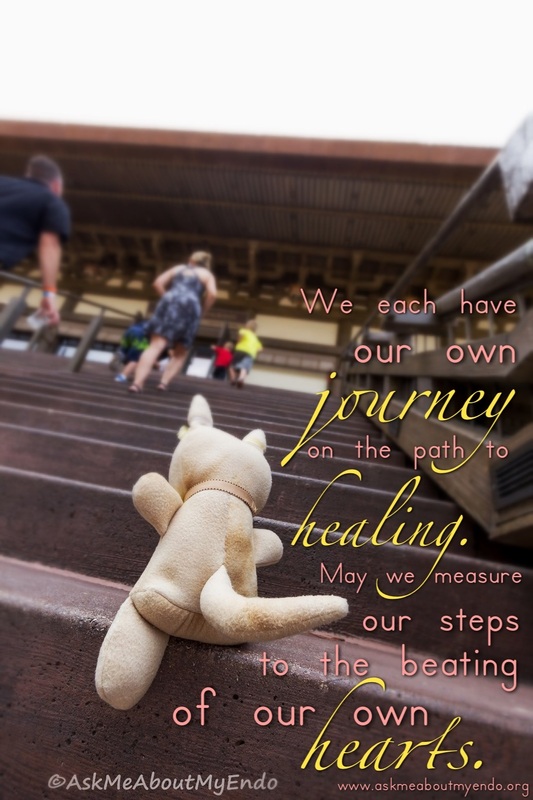
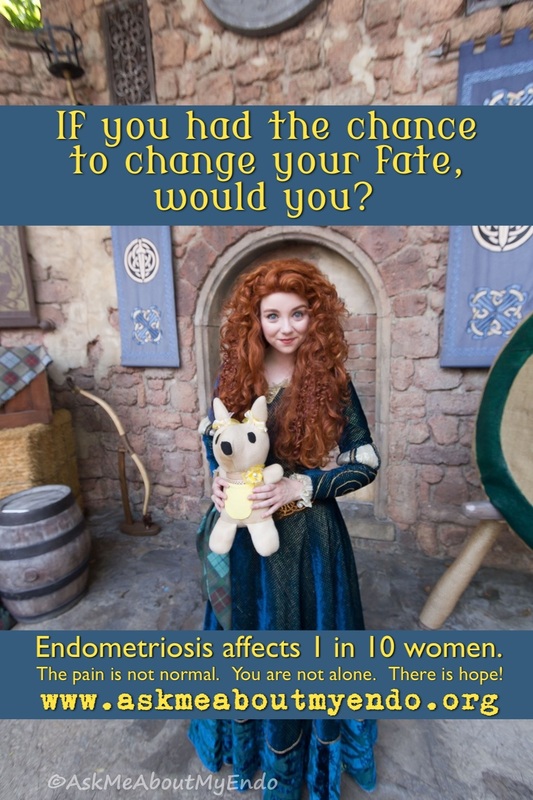
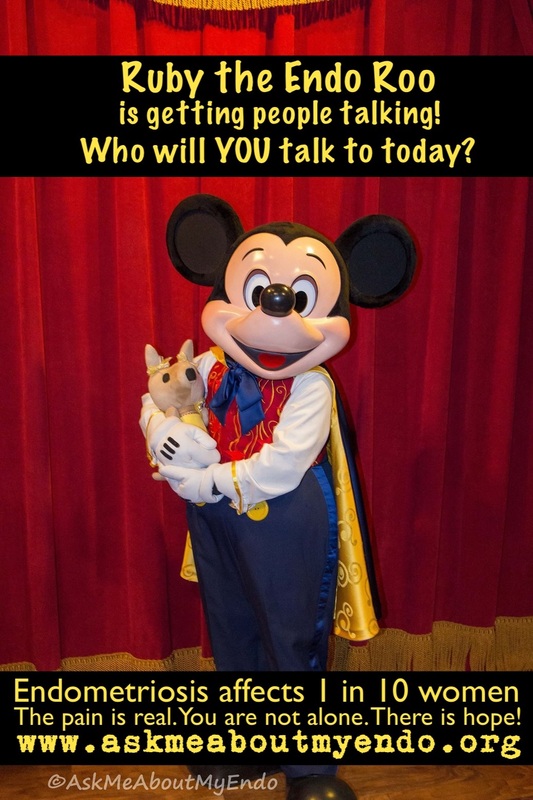

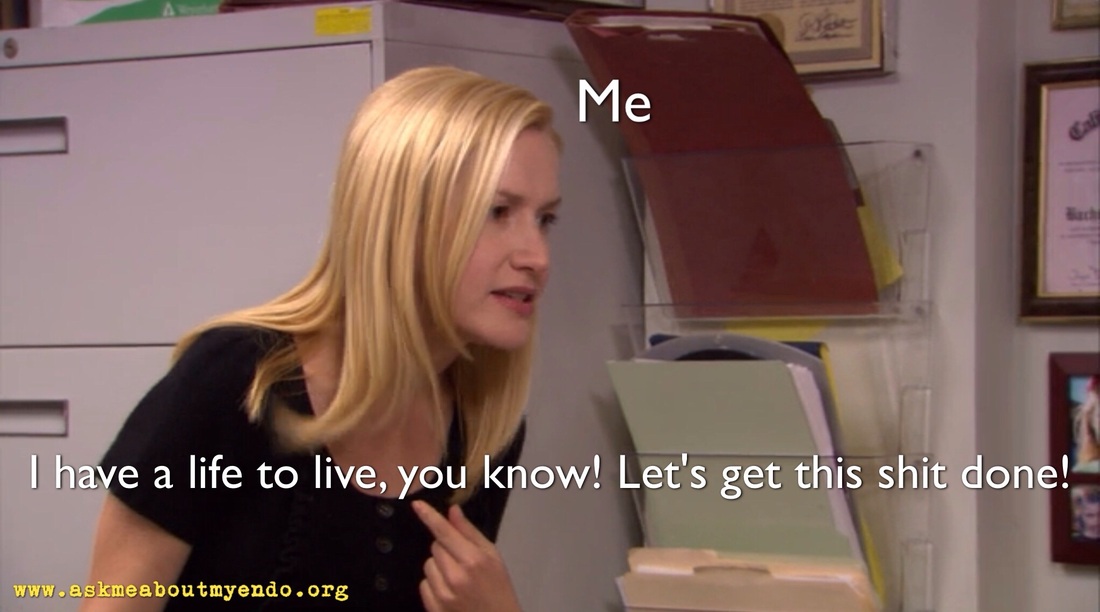
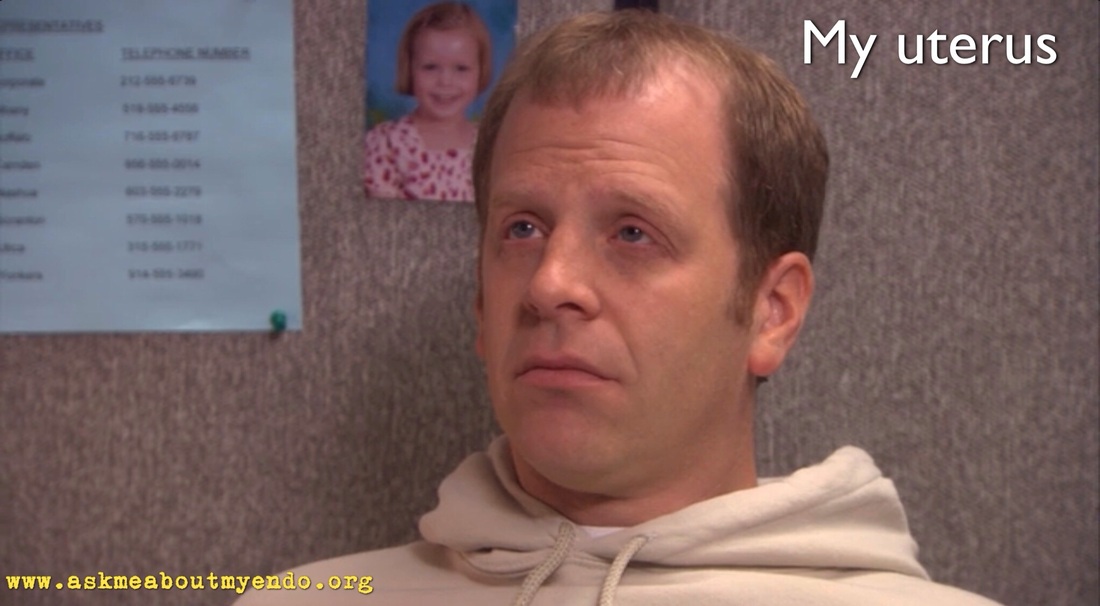
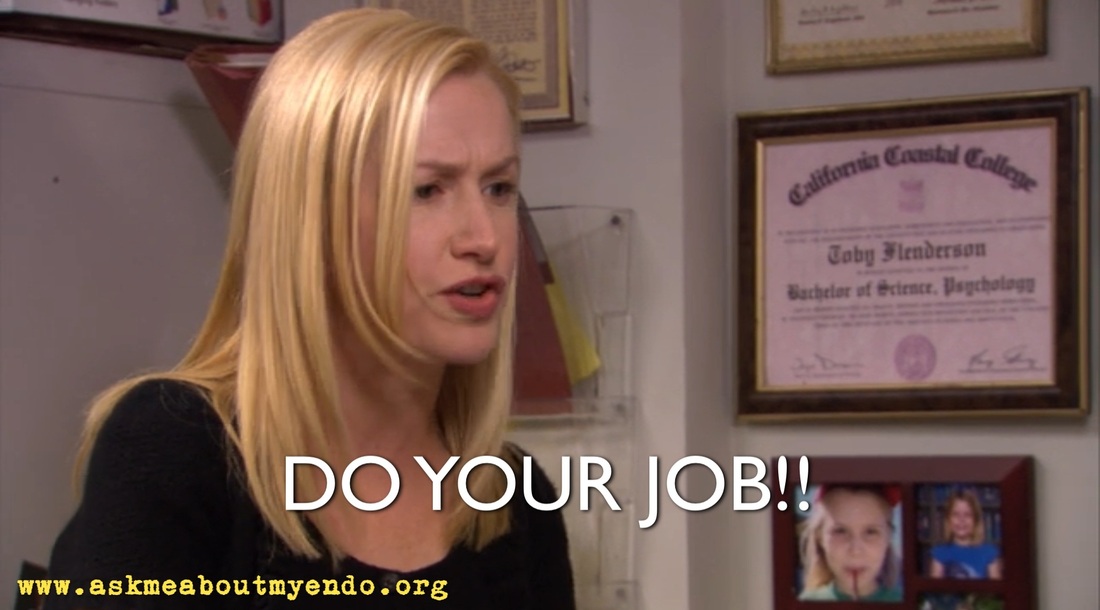
 RSS Feed
RSS Feed